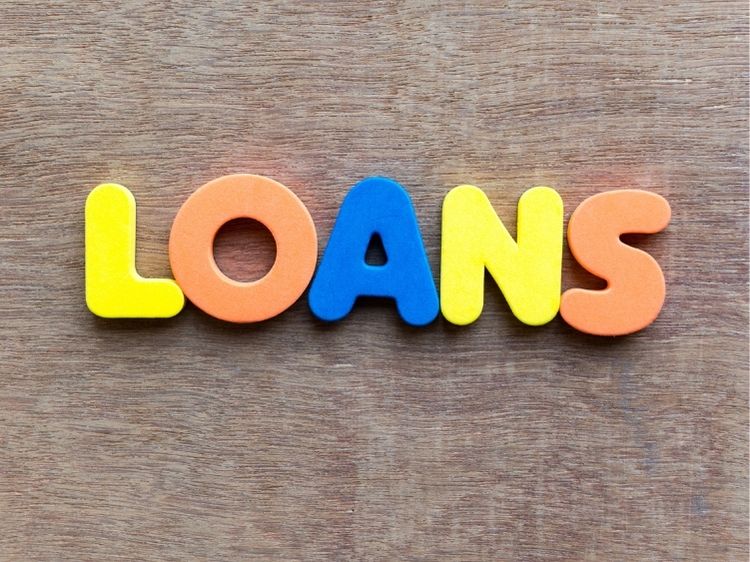What is a Payday Loan?
Payday loans are short-term, high-interest loans designed to provide a quick financial fix when you’re in a pinch. They’re called “payday” loans because they’re typically due on your next payday, which is often within two to four weeks. The idea is to bridge the gap between paychecks, allowing borrowers immediate access to cash for urgent needs. However, while they can be helpful in a financial bind, they’re not without their downsides.
Key Characteristics of Payday Loans:
- Quick approval process: Payday loans are famous for their speed. Many lenders offer approval within minutes.
- High-interest rates: These loans often come with interest rates significantly higher than traditional loans.
- Short repayment terms: Typically due on the borrower’s next payday.
- Minimal requirements: Generally, lenders only need proof of income, a checking account, and valid ID.
How Do Payday Loans Work?
When you apply for a payday loan, the process is usually straightforward. You fill out an application form with basic information such as your name, employment details, and income. Once approved, you receive the loan amount directly in your bank account. Most payday loans require that you give the lender access to your bank account for repayment purposes.
On your next payday, the lender will automatically withdraw the loan amount plus any interest and fees. If you’re unable to repay, you may have the option to roll over the loan, but this can lead to additional fees and higher interest.
Pros and Cons of Payday Loans
When considering payday loans, it’s essential to weigh the benefits against the risks. Here’s a breakdown of both sides.
Pros
- Fast access to cash: For emergencies, payday loans can provide almost immediate relief.
- Simple application process: Payday loans usually don’t require extensive documentation or credit checks.
- Flexible usage: You can use the loan for any purpose, whether it’s medical bills, car repairs, or rent.
Cons
- High-interest rates: Payday loans can have annual percentage rates (APRs) as high as 400% or more.
- Short repayment periods: With typically only two weeks to repay, this can create financial strain.
- Potential debt cycle: The high cost and short term can lead to a cycle of debt, where borrowers repeatedly roll over or re-borrow loans.
Payday Loan Regulations
Because payday loans often have high costs and risks, many regions have regulations in place to protect consumers. These laws vary by country and state but generally include limits on loan amounts, caps on interest rates, and restrictions on rollovers.
For example:
- Loan amount limits: Some states limit payday loans to a maximum of $500 or less.
- Interest rate caps: Certain jurisdictions impose a maximum APR on payday loans, often between 28% to 36%.
- Rollover restrictions: To prevent debt traps, some states prohibit rolling over payday loans.
Alternatives to Payday Loans
Given the potential financial risks, it’s a good idea to consider alternatives before committing to a payday loan. Here are some options that may be safer or more cost-effective:
- Personal loans from banks or credit unions: With lower interest rates, these institutions can offer more affordable options.
- Credit card cash advance: Though it comes with fees, this can still be a cheaper option than a payday loan.
- Borrowing from family or friends: If possible, borrowing from someone you trust can save you the high fees associated with payday loans.
- Local assistance programs: Some community organizations offer emergency financial assistance for essentials like food, housing, and utilities.
FAQs on Payday Loans
Are payday loans bad for your credit?
Generally, payday loans don’t directly affect your credit score because most lenders don’t report to credit bureaus. However, if a loan is sent to collections due to non-payment, it could negatively impact your credit.
Can you get a payday loan without a bank account?
Most payday lenders require an active checking account to deposit funds and withdraw repayment. However, some lenders offer payday loans via prepaid debit cards.
How much can I borrow with a payday loan?
Loan limits vary by lender and state, but payday loans typically range from $50 to $500, though some lenders may offer more.
What happens if I can’t repay my payday loan on time?
Failing to repay on time can result in additional fees, increased interest, and potential overdraft charges if the lender attempts to withdraw from your bank account. Some lenders allow extensions but often with added fees, leading to a debt cycle.
Final Thoughts on Payday Loans
Payday loans can be a useful tool in emergencies, but they come with significant risks due to high-interest rates and short repayment terms. It’s crucial to understand the terms fully and explore alternatives before deciding. If you do take out a payday loan, plan to repay it promptly to avoid a costly cycle of debt.
Authoritative Sources
For more detailed information on payday loans, regulations, and alternatives, you can visit:
- Consumer Financial Protection Bureau: https://www.consumerfinance.gov
- National Consumer Law Center: https://www.nclc.org
- Federal Trade Commission (FTC) on payday loans: https://www.ftc.gov



